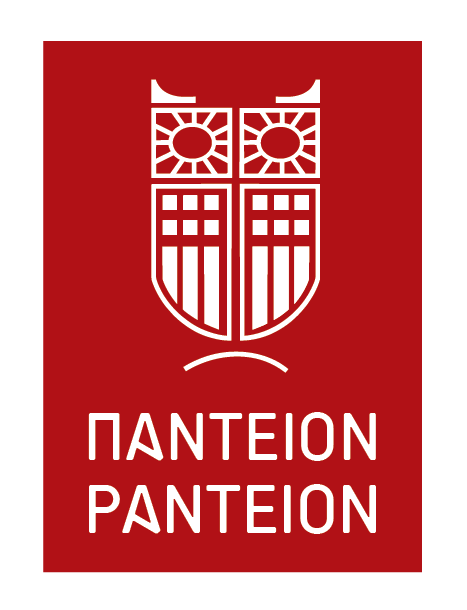Ιστορική Κοινωνιολογία των Διανοουμένων (11Μ274)
Ενότητες
Julien Benda, The Treason of the Intellectuals. New York: William Morrow. Pp. 3-29.
Iván Szelényi and Bill Martin. 1988. “The Three Waves of New Class Theories.” Theory and Society 17: 645-667.
Pierre Bourdieu, “The Corporatism of the Universal: the Role of Intellectuals in the Modern World”, Telos, 81 (1989), 99-110.
Pierre Bourdieu, “An Interview with Pierre Bourdieu: for a Socio-analysis of Intellectuals”, Berkeley Journal of Sociology, 34 (1989), 1-29.
Pierre Bourdieu, “The Intellectual Field: a World apart”, στο Pierre Bourdieu, In Other Words: Essays Towards a Reflexive Sociology, Stanford University Press, California 1990, 140-149.
Alvin W. Gouldner, The Future of Intellectuals and the Rise of the New Class. A Frame of Reference, Theses, Conjectures, Arguments, and an Historical Perspective on the Role of Intellectuals and Intellinentsia in the International Class Contest of the Modern Era, The MacMillan Press Ltd, London and Basingstoke 1979.
Κεντρικά ερωτήματα
- Σε τι συνίσταται η κατά Benda «προδοσία των διανοουμένων»;
- Ποια είναι τα κατά Pierre Bourdieu χαρακτηριστικά του «διανοητικού πεδίου» και ποιος είναι κατά την άποψή του ο ρόλος που πρέπει να διαδραματίσουν οι διανοούμενοι;
- Ποια είναι η σχέση διανοουμένων-εξουσίας κατά Foucault και ποια είναι τα χαρακτηριστικά των «ειδικών» διανοουμένων στην αντίθεσή τους με τους «καθολικούς»;
- Για ποιους λόγους ο Gouldner θεωρεί τη Νέα Τάξη (the New Class) ως μια «ατελή οικουμενική τάξη» (a “flawed universal class”);
